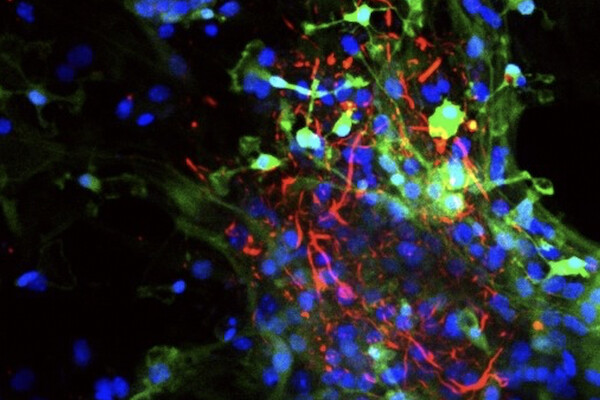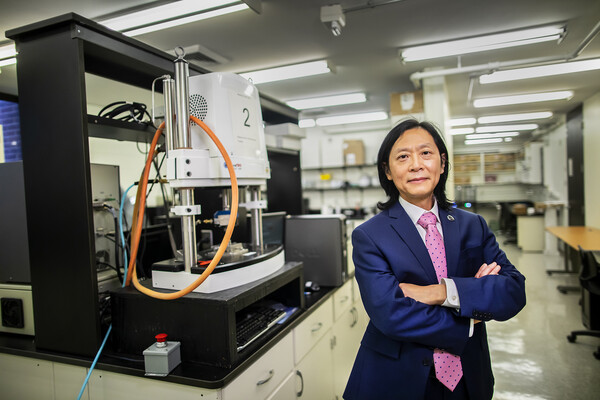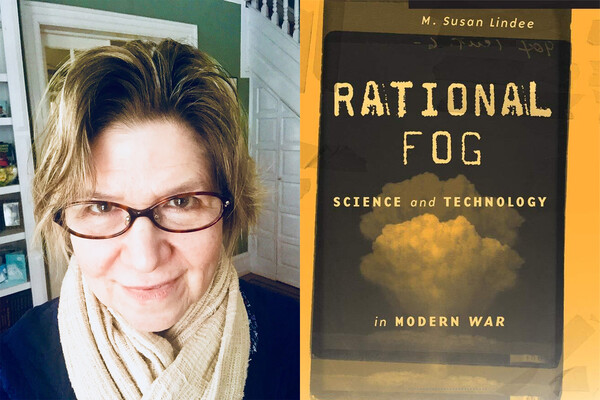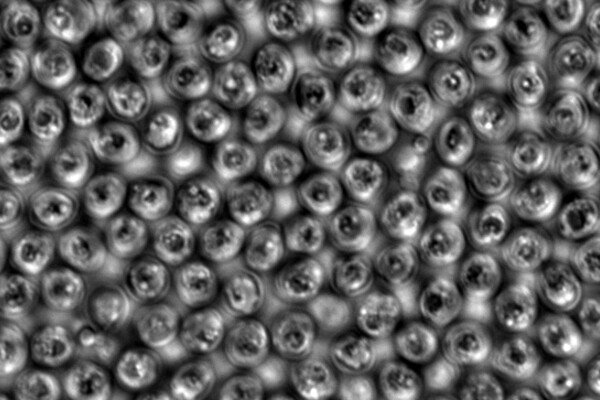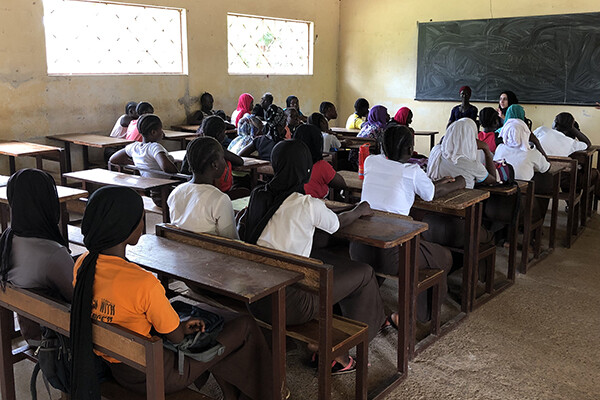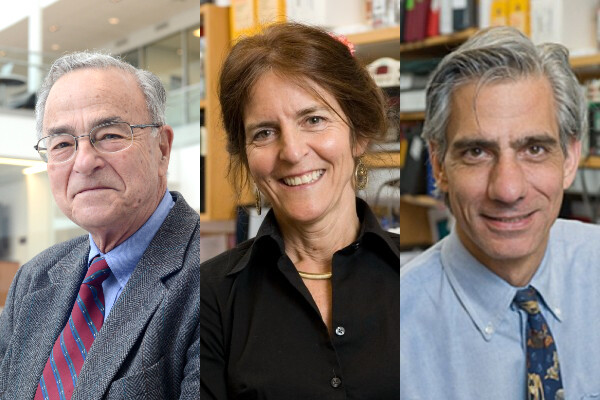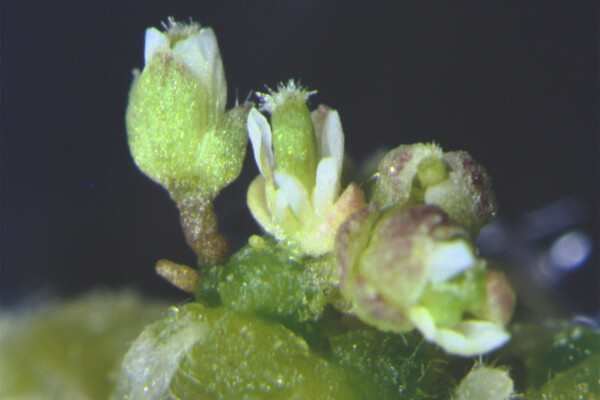
Using an experimental technique whereby flowers can be coaxed to form from plant roots, biologists led by Doris Wagner uncovered a protein that enables for the initial loosening of chromatin that can allow new proteins to be made and plants to take on different forms. (Image: Courtesy of the Wagner laboratory)

